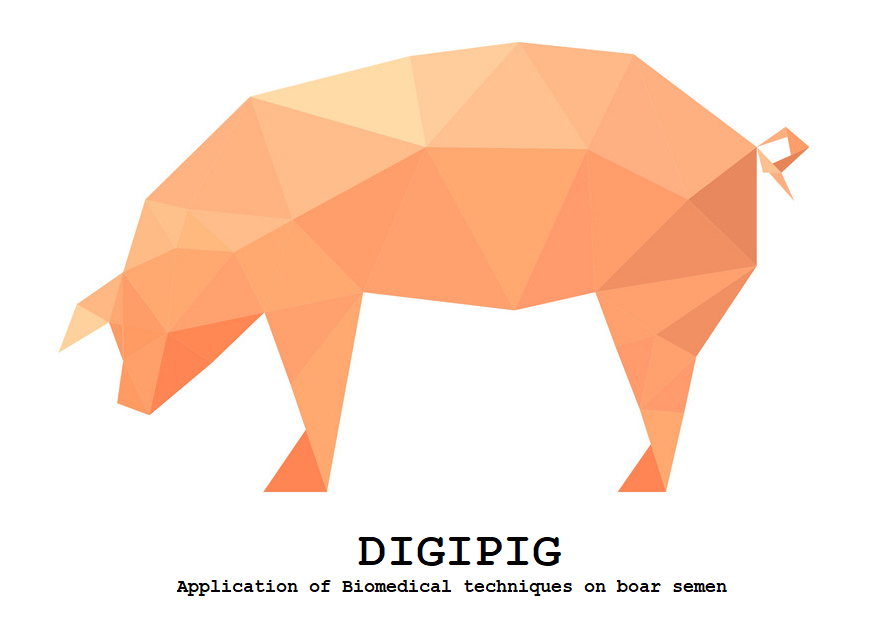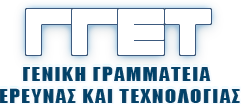DIGIPIG
Investigation of boar semen fertilizing capacity changes applying biomedical techniques
Inside DIGIPIG
Let's meet the people working in DigiPiG
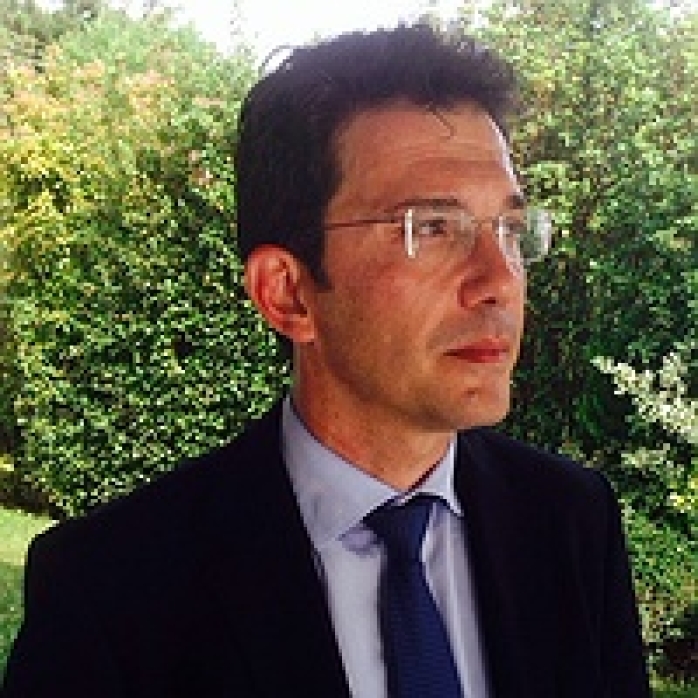
Ioannis Tsakmakidis
Associate Professorreceived Veterinary Medicine degree (1997) and PhD degree (2007) from the Aristotle University of Thessaloniki. Re-education, re-training in Swine Reproduction (2009), Veterinary Teaching Hospital, Faculty of Veterinary Medicine, University of Murcia, Spain. His scientific specialization and teaching topic are the physiopathology and biotechnology of reproduction in farm animals. His research focuses mainly in reproductive biotechnology / physiology of pigs. In the past he was worked in research projects on modern specialized sperm tests, in vitro embryo production, porcine reproductive management and artificial insemination scientific areas.
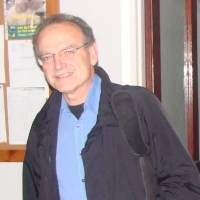
Constantine Boscos
Professorwas born in Thessaloniki, Greece, on June 5, 1953. Graduated at the School of Veterinary Medicine Thessaloniki in 1978. PhD thesis in 1987. Founding Diplomate of the European College of Animal Reproduction (2001). Professor C. Boscos has been working on animal reproduction and obstetrics. His research interests include pig biotechnology of reproduction and physiopathology. His research work is related to sperm technology, in vitro embryo production, reproductive management and artificial insemination.
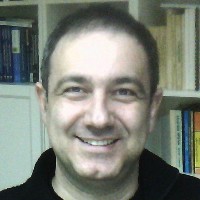
Theodoros Samaras
Professorreceived the Physics degree from the Aristotle University of Thessaloniki, Greece, in 1990 (with grade 9.18/10); the MSc degree in Medical Physics (with distinction) from the University of Surrey, UK, in 1991; and the Ph.D. degree from the Aristotle University of Thessaloniki, Greece, in 1996. In 1998, he joined the BIOEM/EMC Group, at the Swiss Federal Institute of Technology (ETH) in Zurich, where he was mainly involved with studying the temperature increase due to the absorption of electromagnetic energy in tissues, and the effect of heat diffusion in electromagnetic dosimetry. He subsequently moved with a Marie-Curie Fellowship from the European Commission to the Hyperthermia Unit, Erasmus Medical Centre of Rotterdam, The Netherlands, where he conducted research on treatment quality of superficial microwave hyperthermia for cancer treatment. In December 1999, he returned to the Aristotle University of Thessaloniki, where he is currently a Professor. His research interests include numerical techniques and computer modeling in biomedical engineering and telecommunications, as well as technological applications and safety of electromagnetic fields and radiation. He has delivered invited talks and plenary presentations at international conferences and meetings abroad (organized by Institute of Electrical and Electronic Engineers – IEEE, International Commission on Non-Ionizing Radiation Protection – ICNRIP, International Radiation Protection Agency – IRPA, World Health Organization – WHO, Bioelectromagnetics Society – BEMS, etc.)
